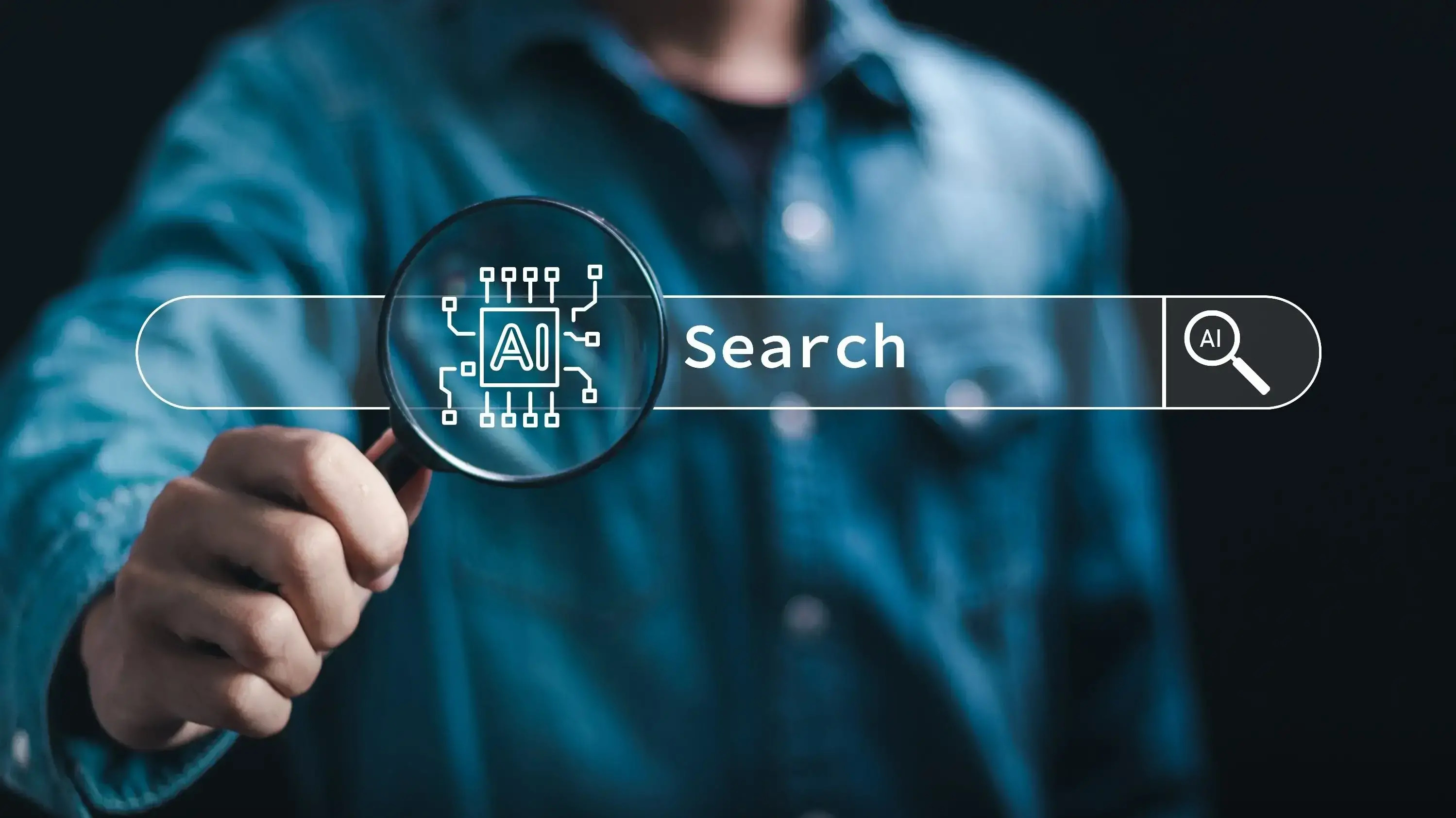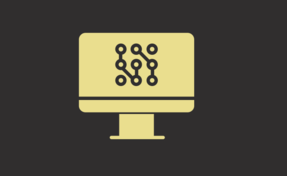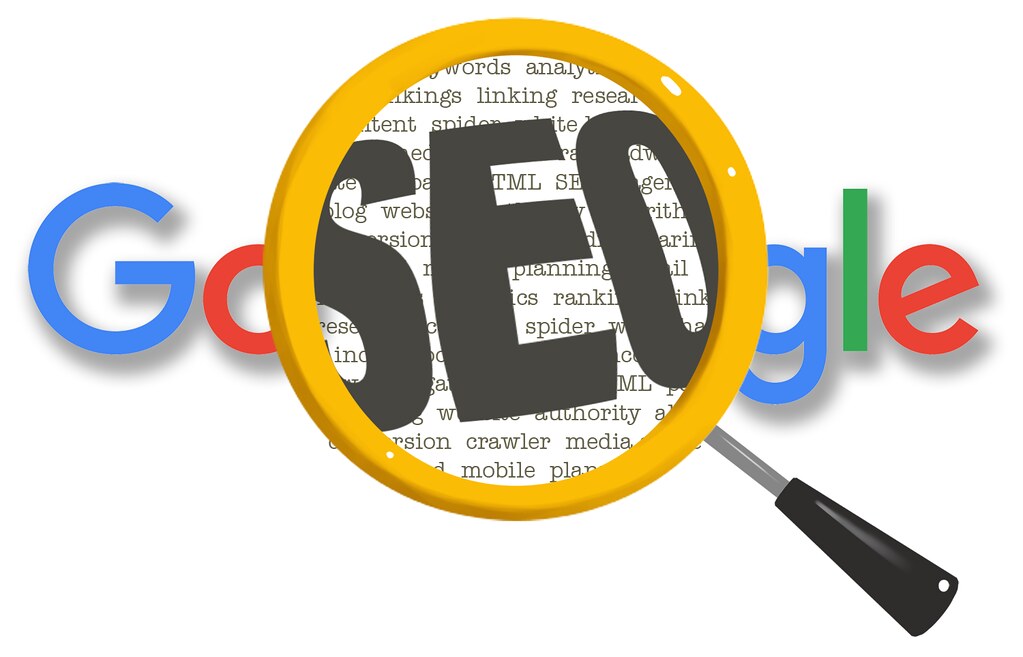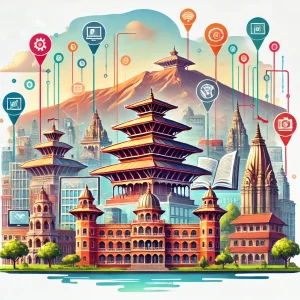

Introduction
Artificial intelligence (AI) has revolutionized numerous industries, from healthcare to customer service, and it has undeniably transformed the world of search engine optimization (SEO). AI tools like ChatGPT, Google’s RankBrain, and various content optimization platforms are becoming integral to SEO strategies. These innovations have sparked debates about whether AI will ultimately replace human expertise in SEO.
The answer, however, is clear: while AI enhances SEO, it cannot completely take over. This article explores the unique human qualities and strategic thinking required for effective SEO, explaining why AI will always need human guidance to maximize its potential.
AI’s Role in Modern SEO
AI has become a powerful ally in SEO, offering capabilities that were unimaginable just a decade ago. It excels in automating repetitive tasks, analyzing vast datasets, and predicting trends. Here are a few areas where AI shines in SEO:
- Keyword Research
AI-powered tools like Ahrefs, SEMrush, and Google Keyword Planner can analyze search data, identify keyword opportunities, and predict traffic potential. They save time by automating the once-laborious process of keyword analysis. - Content Optimization
AI tools like Clearscope and Surfer SEO analyze top-performing content and provide suggestions for improving structure, readability, and keyword density. - Algorithm Analysis
AI helps marketers stay updated on changes to search engine algorithms, providing insights into how to adapt strategies. - Predictive Analytics
Machine learning models predict trends, enabling SEO professionals to proactively target emerging topics and keywords.
While these advancements are transformative, they also reveal the limitations of AI in SEO.

1. Understanding Nuanced Human Intent
One of the most significant challenges AI faces is interpreting the nuances of human intent. Search queries are often ambiguous, requiring context to determine the user’s true purpose. For example:
- The query “Apple” could refer to the technology company or the fruit.
- A search for “best laptops” might vary in intent depending on the user’s profession, budget, or specific needs.
While AI can analyze patterns and provide likely matches, it lacks the depth of human understanding to fully grasp cultural, emotional, and contextual subtleties. Humans are essential for crafting content and strategies that align with these nuanced user intents.
2. Creativity and Emotional Resonance
SEO isn’t just about ranking—it’s about engaging audiences. Humans excel at creating content that resonates emotionally, tells a story, or conveys a unique brand voice.
For instance, an article about “Top Travel Destinations” can be written in countless ways. A human writer can infuse personal anecdotes, humor, and a sense of adventure that AI-generated content often lacks. Emotional resonance is vital for building trust and loyalty, which AI cannot replicate effectively.
3. Strategic Thinking and Decision-Making
SEO requires a strategic approach, balancing multiple goals: improving rankings, driving traffic, and meeting business objectives.
AI can analyze data and suggest optimizations, but it cannot:
- Weigh competing priorities (e.g., short-term traffic boosts versus long-term brand growth).
- Consider external factors like market trends, competitor strategies, or a brand’s unique identity.
- Develop creative solutions for complex challenges.
Human SEO professionals leverage critical thinking to make decisions that AI tools are incapable of.
4. Ethical Considerations
AI lacks ethical judgment. It might suggest strategies that could lead to penalties or damage a brand’s reputation. For example:
- Over-optimizing content to game search engines.
- Recommending low-quality backlinks from questionable sources.
Human oversight is essential to ensure that SEO strategies align with ethical guidelines and long-term business integrity.
5. Cultural and Regional Understanding
Global SEO requires deep cultural and regional knowledge. Translating content or optimizing for local search engines demands more than linguistic accuracy—it requires an understanding of cultural norms, idioms, and consumer behavior.
For example:
- An AI tool might translate a keyword into another language, but only a human can determine whether it’s culturally appropriate or commonly used in that region.
- Local SEO for a small business involves engaging with local communities in ways that AI cannot replicate.
6. Responding to Unpredictable Trends
Search behavior is constantly influenced by unpredictable events, such as viral trends, economic changes, or global crises. Humans excel at adapting to these shifts in real-time. AI, on the other hand, relies on historical data and predefined algorithms, making it slower to respond to emerging situations.
Consider how SEO strategies had to pivot during the COVID-19 pandemic—humans identified new keywords, adjusted messaging, and created timely content based on rapidly evolving needs.
7. Building Relationships and Earning Backlinks
Backlinking remains a cornerstone of SEO, and building quality links requires genuine relationships with other websites, influencers, and communities. This process involves negotiation, collaboration, and trust—qualities that AI cannot emulate.
While AI tools can identify potential backlink opportunities, only humans can craft personalized outreach emails and foster meaningful connections.
The Ideal Scenario: Humans and AI Working Together
AI isn’t here to replace SEO professionals—it’s here to augment their capabilities. The best results come from a collaboration between human expertise and AI efficiency. Here’s how they complement each other:
- Data Analysis and Strategy Development
- AI handles the heavy lifting of data collection and analysis.
- Humans interpret insights and develop strategies tailored to specific goals.
- Content Creation and Optimization
- AI suggests keywords, formats, and optimizations.
- Humans craft compelling, creative, and emotionally resonant content.
- Trend Prediction and Adaptation
- AI identifies emerging trends.
- Humans decide how to capitalize on those trends in meaningful ways.
- Ethical Oversight
- AI proposes tactics.
- Humans ensure strategies align with ethical and brand standards.
Case Studies: Where AI Fell Short
- AI-Generated Content Overload
In 2022, a major publishing platform experimented with AI-generated articles for SEO purposes. While the content was factually accurate, it lacked depth and engagement. Readers quickly lost trust, and organic traffic declined. - Misinterpreted User Intent
An AI-driven optimization tool once recommended aggressive keyword stuffing for a blog post, leading to a poor user experience. The site’s rankings dropped after Google flagged the content as low-quality.
These examples highlight the need for human intervention in crafting and implementing effective SEO strategies.
The Future of SEO: Augmented Intelligence
The future of SEO lies in augmented intelligence—a model where AI and human expertise are seamlessly integrated. Here’s what this could look like:
- AI-Powered Insights: Tools that provide actionable recommendations based on real-time data.
- Human Creativity: Writers, strategists, and designers who add the creative and emotional elements AI cannot.
- Continuous Learning: SEO professionals staying updated on AI advancements and adapting them to their workflows.
In this model, AI acts as a powerful assistant, while humans remain the decision-makers and creators.

Conclusion
AI has undoubtedly transformed SEO, making processes faster, smarter, and more efficient. However, it cannot replace the human touch that is essential for understanding user intent, creating engaging content, and making strategic decisions.
SEO is not just about algorithms—it’s about people. It’s about connecting with audiences, building trust, and adapting to an ever-changing digital landscape. AI is a tool, not a replacement, and the future of SEO will be shaped by those who know how to use it wisely.
By embracing the synergy between human expertise and AI capabilities, businesses can achieve sustainable SEO success in a world where technology and creativity go hand in hand.








